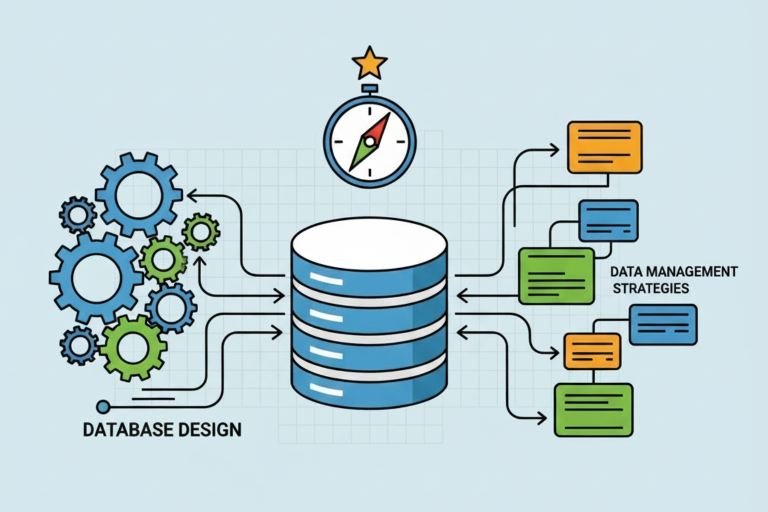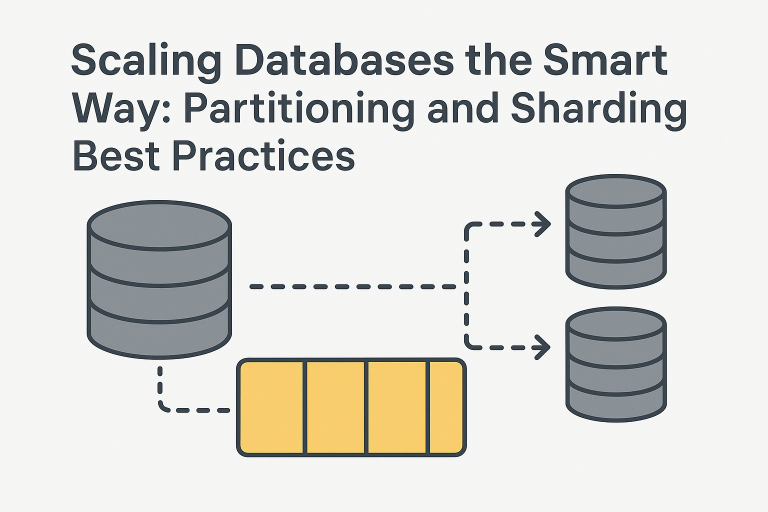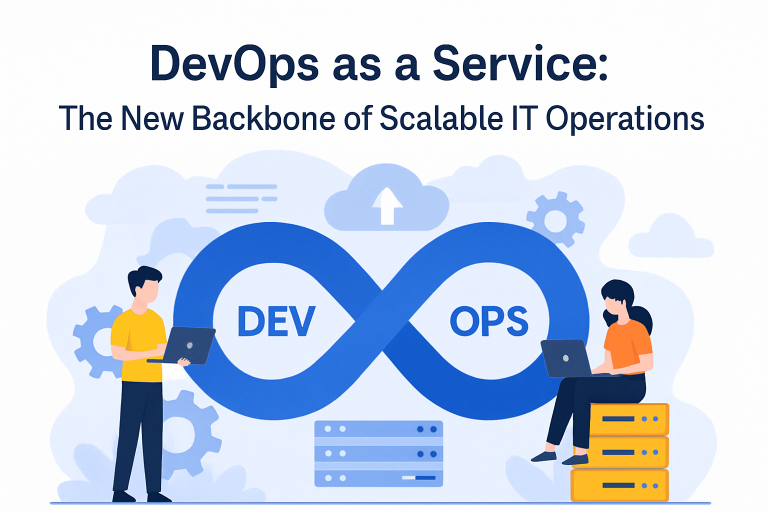
Outsourcing as it is defined in a layman language, the calculated use of the outside resources to perform the activities that are traditionally handled with the help of internal professional staff. It is a strategy which an organization contracts out for the major functions for the efficient and specialized service providers who ultimately become your valuable business partners, full staff, and in many cases, outsourcing consists of the transfer of team members or staff from one organization to the outsourcing unit.
As a matter of fact, many of the mid-market businesses around the globe either currently outsource a back office process, or future plans for the enterprise. This is the current findings from the new reports on outsourcing that is driving efficiency and growth. Advantages of outsourcing that it offers businesses are widely recognised. As far as the principal drivers are concerned, 57% find it efficient, 55% find it cost effective and this is why they use outsourcing for their organization.
Information technology which is around 46% and tax and accounting which is around 49% are the main processes that the organizations currently outsource. A large number of business leaders feel reluctant to outsource because of the principal barriers like 44% unwillingness to lose control of the key process, 32% high cost of implementation and 27% is the risk involved with contracting out of the key process.
In the present era, outsourcing is seen as a way to not only reduce the costs but also add flexibility to the technological teams as it also helps the organization in focusing on the core business issues and enables the form technology teams to innovate. Today, there are large IT service firms who are expected to be strategic partners who invest in the success of the clients and not just the project.
Why Do Companies Outsource?
There are many reasons why an organization measures to outsource certain business functions. Some of the common reasons are given below
-
One of the largest reasons for outsourcing is the reduction and control of operating costs.
-
Improvement in the focus of the organization and the team.
-
Maintaining the internal resources for other objectives.
-
Gaining an access to the worldwide capabilities.
-
Increasing or streamlining the efficiency for time consuming functions and operations.
-
Maximizing the use of external resources for profit generation.
-
International relationships
-
Sharing ratio with a partner organization
However, these are not enough to implement a successful outsourcing program. Organizations must ensure that they consider every component to meet the requirements for successful outsourcing.
Who Is Outsourcing?
Outsourcing was not very popular until 1990 when cost saving was a very big issue for many organizations. At that time, the resources that were outsourced by the organizations were required by a company but didn’t necessarily have a very big impact on the core business. There was a big chunk of customer service-related jobs which were handled over the phone and this still exists today. Some of the key industries who have outsourced and continue to do so in the present era include financial services, information technology, retail, manufacturing, pharmaceutical and computer technology and software. This is not the complete list but it’s to represent the key players who outsource their business.
Why Should Businesses Consider Outsourcing?
There are many reasons why organizations choose to outsource but most of the companies tend to focus on the combination of the following given services-
-
Reducing and eliminating CAPEX model
-
Converting towards a more flexible OPEX model
-
Assessments to a broader and deeper pool of IT resources
-
Improvisation and Implementation of the security compliance approach for the company
-
Creating flexible usage of the IT services both up and down
-
Lowering the financial risk of future right investments
-
Improvement and customer experiences for the end user approach
-
Enabling the organization to take help of the latest technologies
Requirements for Successful Outsourcing
The early reasons for outsourcing was work cost and headcount reduction. Today, the most common drivers for outsourcing are the strategic and objective approach towards carrying out value-adding activities in house and utilizing the core competencies wherever required. The critical areas for the successful outsourcing program include the following-
-
Vendor selection
-
Clarity and organizations goals and objectives
-
Relationship management
-
Strategic vision and plan
-
Open communication with external parties and stakeholders
-
Properly structured vendor agreements and subcontracts
-
Senior leadership involvement and support
-
Short term financial justification
-
Careful attention to the personal issues
Let’s understand why the requirements like open communication executive and senior leadership support are essential when it comes to outsourcing.
Open Communication
Executive support and open communication are particularly one of the most important ingredients to a successful outsourcing process. There are additional considerations known as workable service level agreement which is open to all the staff who are involved in the process. Whatever may be the outcome of outsourcing arrangement, managing change is one of the fundamentals to the success of the program. The first part of the process includes assessing the requirements of the stakeholders and having open channels of communication during this time to avoid any errors & everyone concerned should be involved in the process to avoid the loopholes.
Executive Support
There are strategic objectives in outsourcing initiatives which come from the top level of the organization. Then there is senior management which mass articulates the objectives and goals of the outsourcing initiative and communicates how the process is going to benefit the organization. This is helpful for everybody to understand the process data. Today, the managers are looking forward and recognizing their responsibilities for enjoying the success of the enterprising outsourcing initiative. The outsourcing process does not stop when the ink has dried on the contract, it goes on forever. The relationships with the clients are good enough and your business flow is flowing freely.
How to Avoid Failed Outsourcing?
The blend of uncertainty and lack of attention to the critical details has created the present day scenario where outsourcing contracts are cancelled or renegotiated within 3 years. The ongoing management process of the relationship and communication is very important for staff senior management to get involved during the implementation of the contract. There should not only be a clear defined escalation process, but the senior management must meet at apt intervals to discuss the outsourcing relationship with the professionals for staff meetings must be held at operational level to address the working of the outsourcing contract and practice or to resolve and identify any problems that have been encountered during the process. the communication process must go on to agree on the changes to ensure continued satisfaction among the outsourcers and the organization.
What Consideration Should Be Taken Before Making The Decision To Outsource?
Organizations must consider choosing the right provider that not only fits the company from a service requirements standpoint but also fits the picture culturally. While the contracts are focused around the information technology services, this is more about trust in relationships than anything else. Genuinely, understanding the capability is of your own staff will help you enable a successful partnership with the service providers. Therefore it is important for you to build important relationships with their own service providers. A good project manager or business analyst are the key to managing the relationships as these are the parties who are able to communicate the scope of needs that will be required effectively by the outsourcer for the organization. Change the ones which can create fear among the people, but there are good service providers who will own the transition effort and minimally use all the disruption to the business without any drainage of resources.
What Results Should Be Expected?
By choosing to outsource, you can expect to get more things done for the company. For instance, organizations will receive greater speed, more flexibility and a better reaction time then what a typical organization used to operate internally. As a result of outsourcing, improving performance is not only from the people’s point of view, but from the infrastructure as well, which is an immediate benefit that you will see in your organization. The continuous improvement will focus on both the sides of partnership. Finally, minimizing the time and effort for the organization to spend on operations and maintenance is something which will quickly get you into discussions around what solutions and technology the service provider has to offer to enable the organization reach greater heights.
What Is The Driving Need To Outsource?
There are a variety of reasons to outsource that is reaction time, greater speed, flexibility and so on. One of the most important things to note down is while there is never a bad time to start outsourcing, there are some of the drivers that make it more natural and easier for you to upgrade and establish certain event including the pending upgrade to the infrastructure, acquisition or future, corporate development event of an employee significant change in the budget constants, increase in projects and so on. It means information technology is being utilised as efficiently as possible to enable the business drivers for the success of the organization.
How Can A Business Best Capitalize On This Opportunity?
You can start with having the conversation with the number of service providers. Be clear about your strategic and tactical goals that you as the service providers are trying to achieve and identify for a successful outcome. If you want your business to capitalise this opportunity in the best possible manner, think more about just having about the operations of the outsourced functions and doing something of the partnership functions. Make sure that there’s an IT group and key business leaves that you generate from the market.
What’s The Future Of Outsourcing?
Being able to leverage a private hosting environment and the public cloud solutions as a single environment is becoming more of a reality. It has led to integration among various business applications. There are large enterprise applications that have started to break down and deliver by nice players and extremely deep from a functional stand. IT organizations are also tasked with the integration of the outsourced functions and solutions at the same time. Lastly, all the information technology services will continue to move towards your organization as you pay and go. The flexibility that outsourcing provides an organization is valuable if they best understand how they need to take advantage of it.
Conclusion
To briefly conclude, companies are outsourcing a lot today because of the ability to deliver projects when they don’t have the skills to staff. Freeing up the staff for other strategic initiatives, cost effectiveness, smoothens the project deliveries, better quality products, ability to deliver projects quickly and better alignment of the internal IT organization with the business requirements. Outsourcing is a whole new concept of learning new skills and adapting flexibility and this is why most organizations prefer outsourcing these days.






